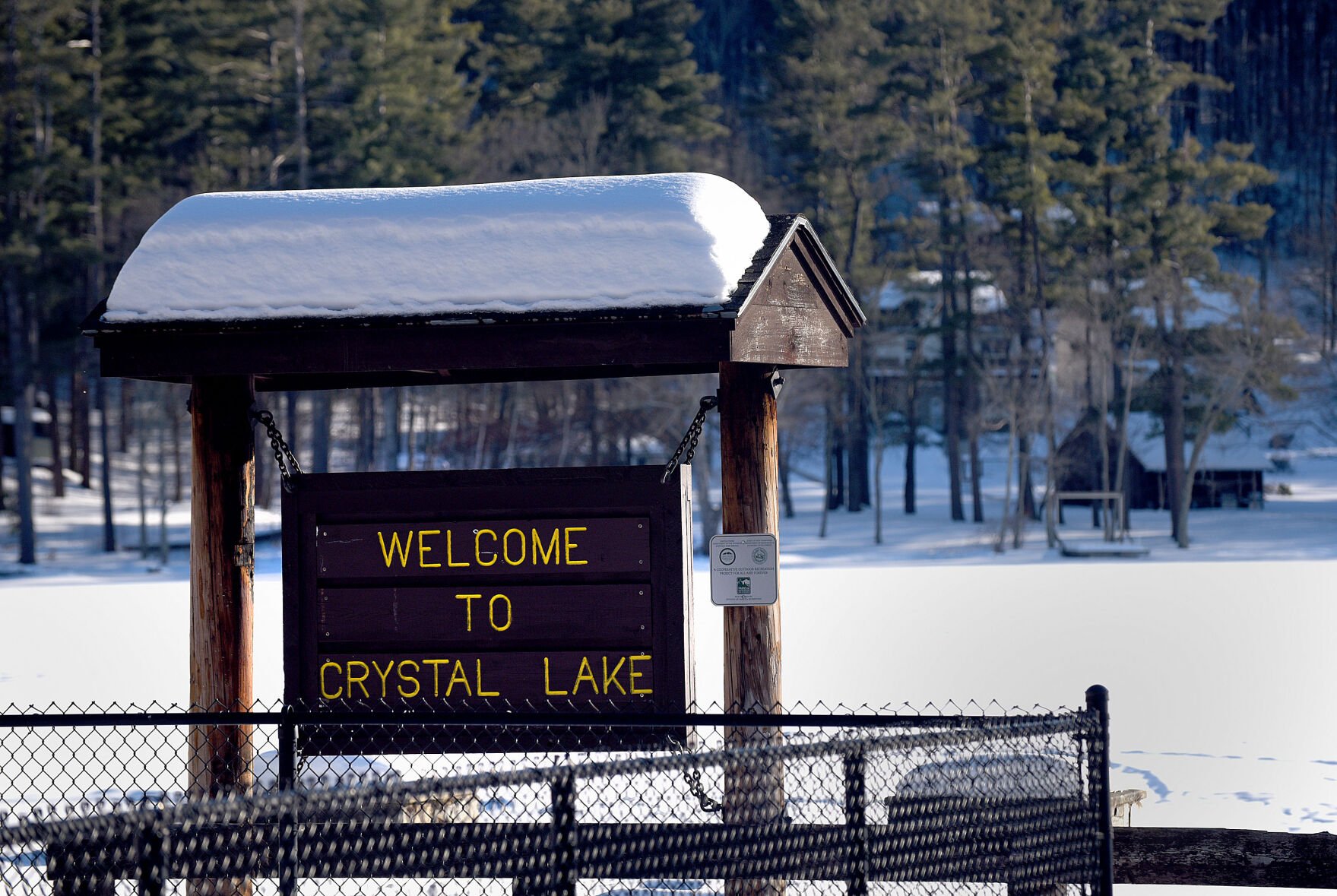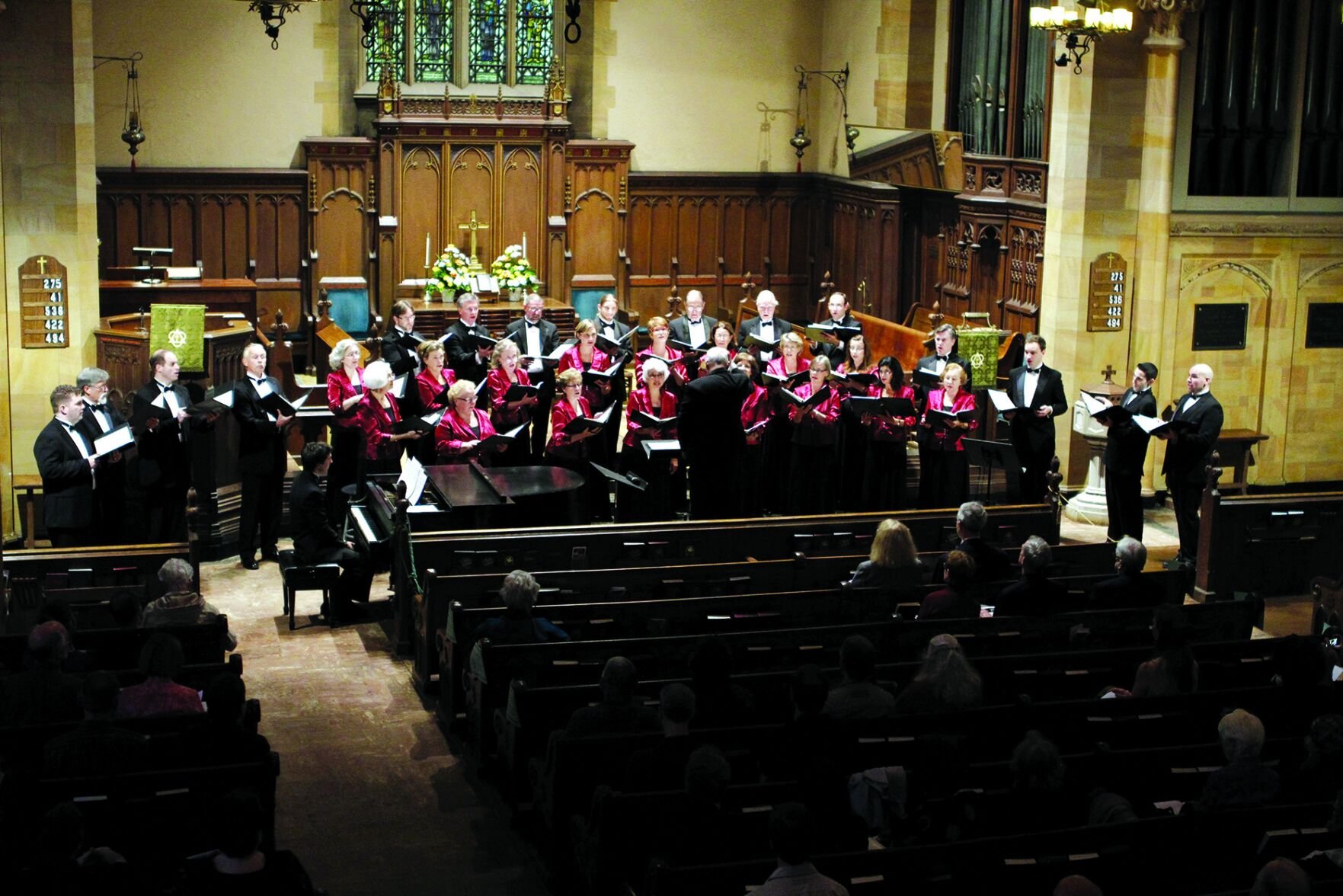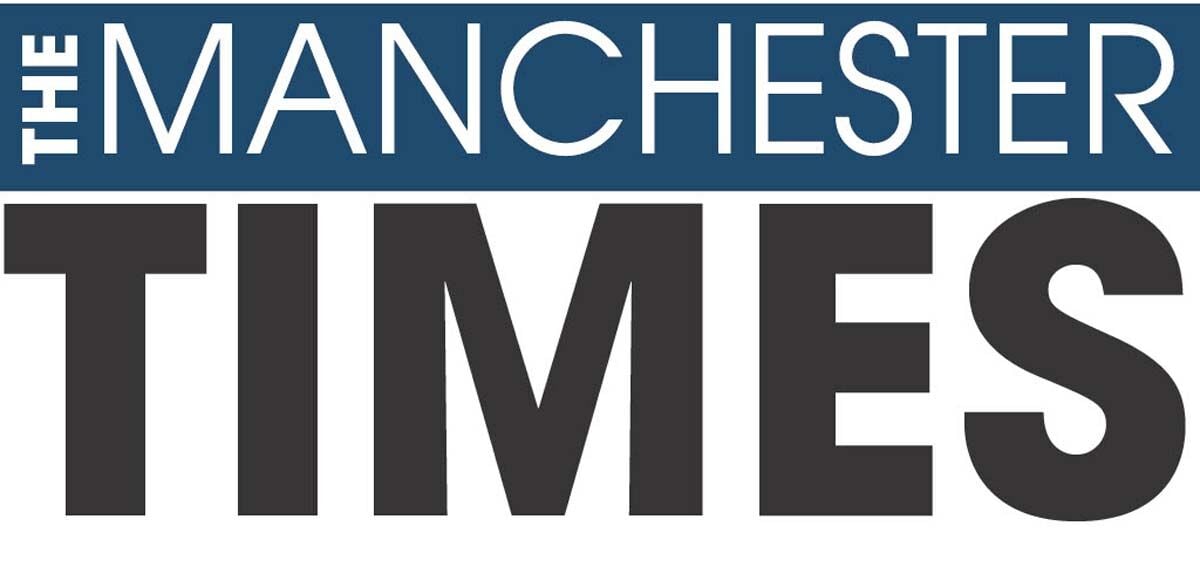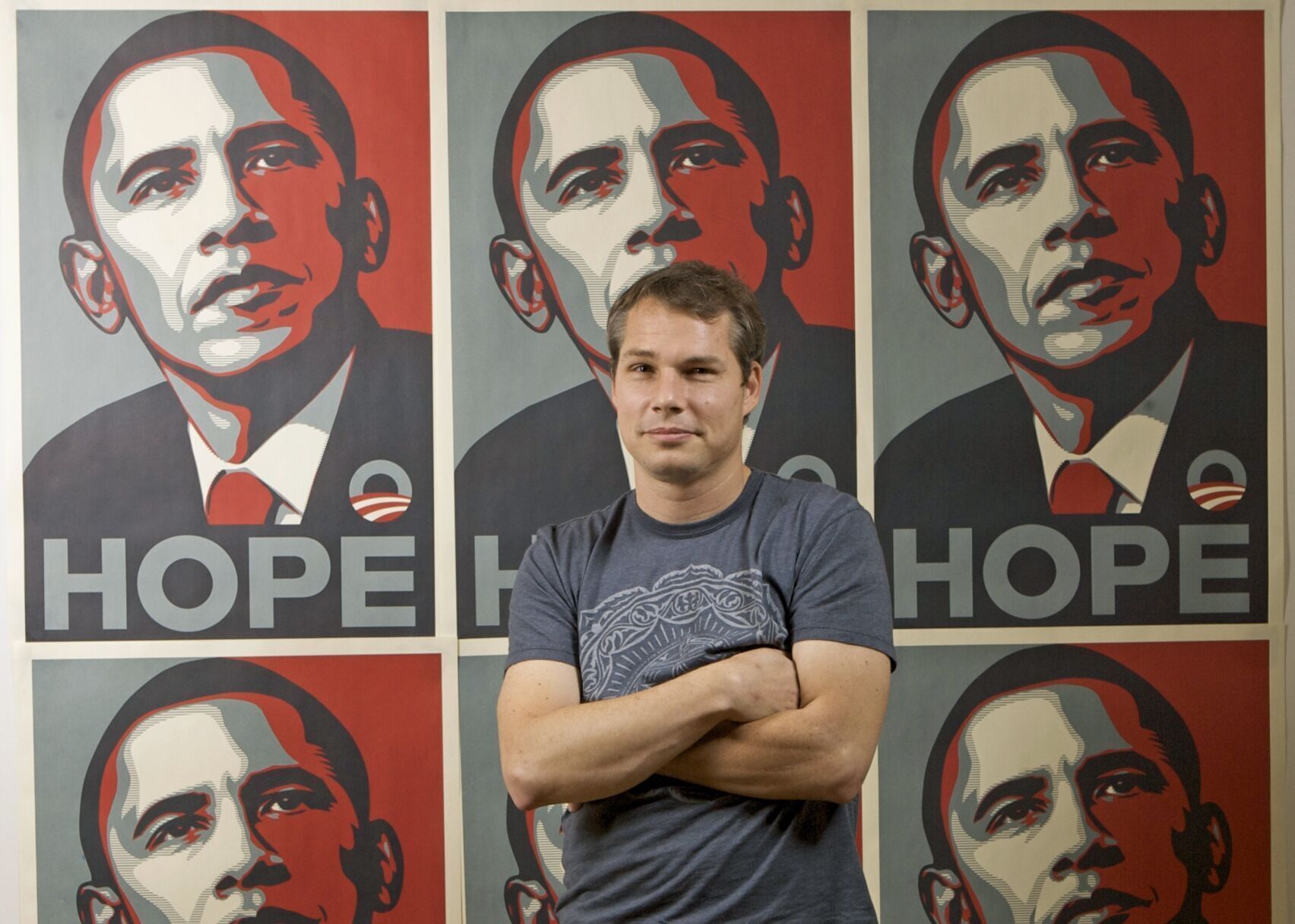President Trump has issued unexpected pardons for Rudy Giuliani, Sidney Powell, and dozens more, sparking debate over his use of executive power. At the same time, his administration is accelerating prosecutions against Obama-era officials, fueling partisan tensions and raising questions about potential political equivalences.
A warning about data, AI and partisanship
Key Takeaways:
- President Trump granted federal pardons to Rudy Giuliani, Sidney Powell, and others who challenged the 2020 election results.
- These pardons coincide with his administration’s intensified prosecutions of former Obama officials.
- Trump alleges these officials worked to thwart his 2016 campaign victory.
- Critics question whether these actions represent political score-settling.
- The notion of equivalence highlights concerns about partisan fairness and executive authority.
A Sudden Wave of Pardons
President Trump’s out-of-the-blue federal pardons for Rudy Giuliani, Sidney Powell, and dozens of other individuals who supported his effort to remain in power after losing the 2020 election have taken Washington by surprise. The sweeping clemencies underscore the extent to which Trump continues to influence the political conversation, even as the nation grapples with ongoing partisan tension.
Parallel Prosecutions
In tandem with these pardons, the administration has accelerated prosecutions against former Obama officials. Trump contends that individuals from the previous administration sought to prevent him from winning the presidency in 2016. To him, the alleged interference justifies the legal actions, painting a picture of reciprocal maneuvers that critics say further entangle the Department of Justice in partisan strife.
Accusations of 2016 Meddling
Citing claims that Obama-era figures tried to sway the 2016 election, Trump has repeatedly pointed to what he sees as unfair treatment during his first campaign. These allegations form a key pillar of the administration’s rationale for pressing charges now. Whether they prove meritorious or not, the perception of pursuing political payback has intensified scrutiny on the president and his political allies.
Calls of Equivalence and Fairness
The notion of equivalence raised by these events poses significant questions about how pardon power and prosecutorial authority can be used. Supporters of the president argue that alleged wrongdoing from past administrations should be confronted. Detractors worry about partisanship undermining the rule of law. Observers agree that these recent moves raise critical issues regarding the balance of justice and the intended purposes of executive clemency.
Lingering Impact
As the public absorbs the news of these pardons and prosecutions, the broader debate centers on whether these actions herald a new era of retributive politics. What remains indisputable is that the lines between partisanship and governance are blurring further, fueling ongoing conversations about the lasting effect of these decisions on American democracy and the power of the presidency.











